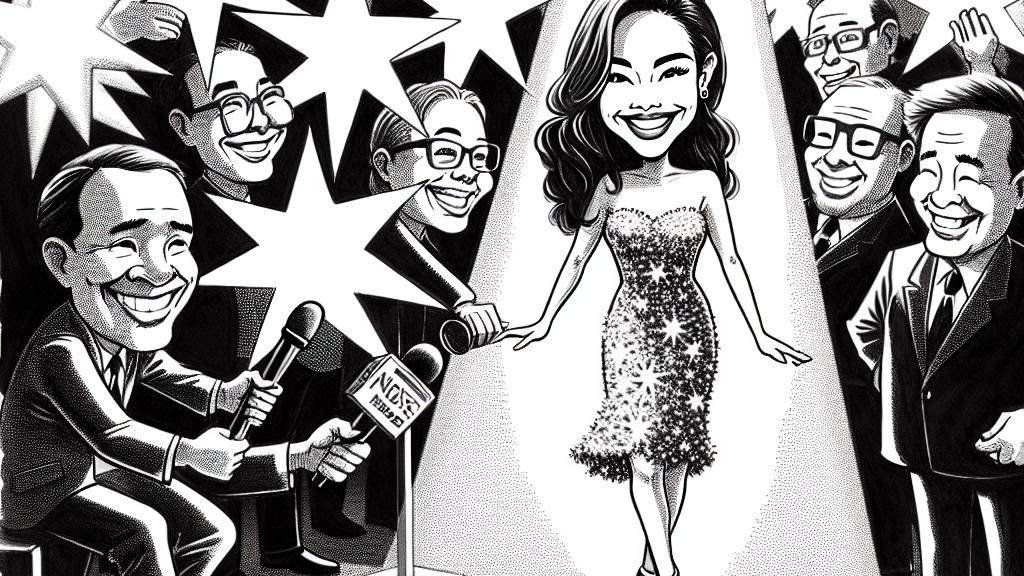Why Does Yasuko Draw Hate Like a Magnet?
Overview
- Yasuko faces significant criticism despite her cheerful public persona.
- Cultural beauty standards and societal pressures lead to intense backlash against her.
- The animosity directed at Yasuko often reveals the insecurities of her critics.

Yasuko's Presence in the Limelight
Yasuko has emerged as a prominent figure in Japan's entertainment industry, renowned for her upbeat personality and relatable messages of positivity. Unfortunately, her public persona hasn't spared her from vitriol, particularly in the wake of recent social media incidents where harsh criticisms have erupted. Despite her efforts to maintain a kind and supportive image, members of the public, including colleagues, often express disdain for her, showcasing an unsettling trend where her success becomes a trigger for ridicule. This behavior underscores a troubling aspect of contemporary society, where individuals may feel threatened by the authenticity and success of others, leading to backlash driven by their own insecurities.
The Role of Lookism in Japanese Society
In Japan, the concept of 'lookism'—the prejudice and discrimination based on physical appearance—creates an environment where superficial standards often dominate social interactions. Yasuko’s positive character and her ability to connect with audiences on a deeper level counter traditional norms that emphasize aesthetics over substance. As she continues to challenge these superficial expectations, critics may react defensively, projecting their insecurities about their own appearance and choices onto her. This negative reaction reveals a dysfunctional societal dynamic, where individuals struggling to meet societal beauty standards lash out at those like Yasuko, who represent an alternative narrative. The backlash serves as a reflection of the critics' internal battles with self-worth.
Understanding the Critics’ Perspective
The hate directed toward Yasuko can often be interpreted as a manifestation of deeper psychological issues faced by her critics. Many individuals engage in public shaming or derogatory remarks as a way to cope with their own feelings of inadequacy. Research indicates that individuals who bully or belittle others may be struggling with their perception of self and societal expectations. Yasuko’s achievements and her embodiment of inner strength—qualities that resonate positively with a section of the audience—can unintentionally expose the vulnerabilities of her detractors, making them uncomfortable. As these critics measure their worth against Yasuko’s seemingly unflappable character, their reactions become more than mere criticism; they reveal a profound discomfort with their realities.
Promoting a Culture of Acceptance and Kindness
To address the toxic environment surrounding public figures like Yasuko, it is essential to promote a culture rooted in acceptance, kindness, and a departure from superficial judgments. Educational initiatives focusing on body positivity and mental health awareness can play a pivotal role in reshaping societal perceptions regarding beauty and self-worth. Media outlets and influencers should actively engage in campaigns that celebrate diversity and authenticity, utilizing their platforms to challenge harmful stereotypes and practices. Open conversations about the impacts of lookism and the effects of online bullying can facilitate understanding and empathy among audiences. By moving toward a more inclusive environment, society can foster positive relationships between celebrities and their fanbase, supporting the idea that true value lies in character rather than appearance.

Loading...